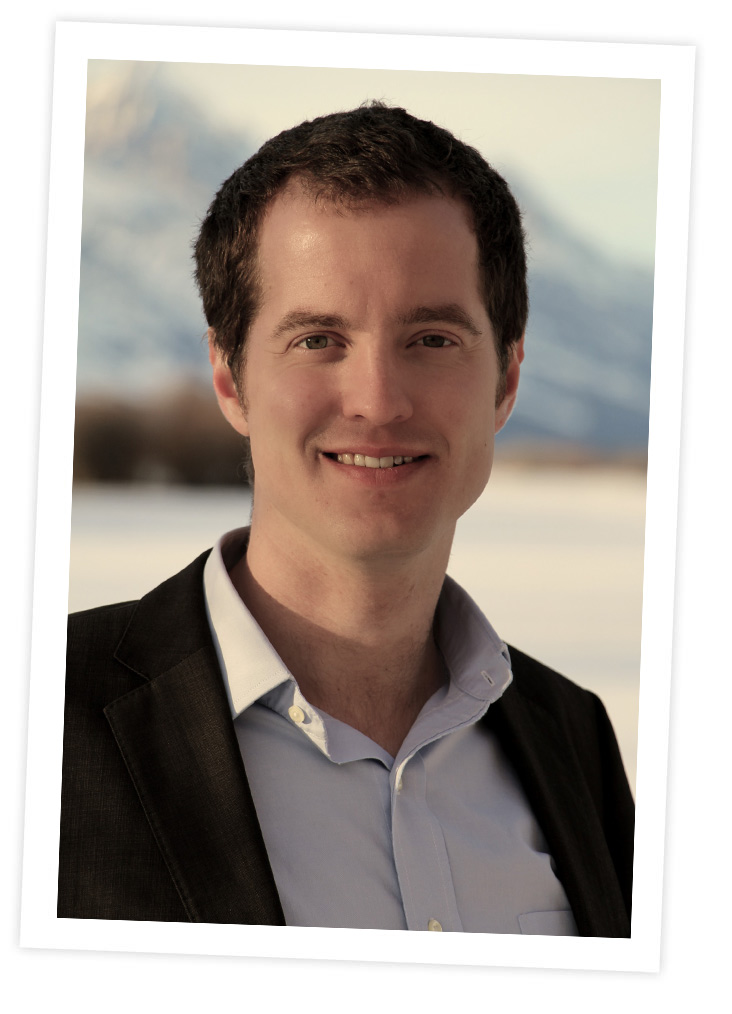A Wyoming Lawyer’s Toke on Colorado’s Marijuana Law (A typo may or may not be involved here.)
[Editor’s Note: Alex Freeburg was a feisty little cuss who liked to argue, read books like his life depended on it, fight like the devil against unfairness, and be stubborner than a whole team of mules. Naturally he grew up to be a lawyer. He lives in a hole, but before you feel sorry for him, it’s Jackson Hole, Wyoming. This is his first guest post on Drunk & Disorderly.]
What’s happened with marijuana legalization in Colorado?
As a criminal defense attorney who regularly represents persons accused of marijuana possession in Jackson Hole, Grand Teton and Yellowstone National Parks, I am watching Colorado’s experience with legalization closely.
I am not alone. Recently, I was at a legal conference where a prominent Casper criminal defense attorney spoke about his experiences defending drug crimes in Wyoming. He said that along the I-80 corridor, prosecutors and law enforcement do not vigorously prosecute marijuana possession. I was surprised by his comments because in my experience these charges are taken seriously. However, I mainly practice in northern Wyoming and Eastern Idaho. According to this defense attorney, the farther you are from Colorado, the more likely the prosecutors and law enforcement vigorously prosecute marijuana possession.
This got me thinking. What exactly is going on in Colorado? What do the people closest to Colorado know that we don’t?
The Colorado Department of Revenue recently released the first study of marijuana use following legalization.
Key findings:
• About 485,000 people, or 9 percent of the State’s population, use marijuana at least once a month in the past year.
• As part of that group, the top 20 percent of users (people who use daily) account for 67 percent (two thirds) of the total demand for marijuana.
• Another 201,000 people, or 4 percent of the State’s population, use marijuana once in the past year.
• These rare users (people who use less than once a month, and about one third of the people that use marijuana at all) account for less than 1 percent of the total demand for marijuana.
• There is significant tourist demand for marijuana. The Department of Revenue estimates that 90 percent of the marijuana sales in tourist-driven mountain towns (think Breckenridge or Telluride) are to visitors. Further, 44 percent of the marijuana sales in the Denver metro area are to visitors.
From a Wyoming criminal defense point of view, here is what jumps out to me:
• If you tell a trooper with the Wyoming Highway Patrol that you are coming from Telluride or Breckenridge, they’re going to think that you bought marijuana and try to search your vehicle.
• A lot of people in Colorado are using marijuana. I am surprised by the high numbers. However, it looks like the sky hasn’t fallen.

12 September 2014 @ 12:48 pm
Washington, Colorado, and soon (most likely) Oregon are/will be selling “medical marijuana” at astounding prices. Those prices arise from the same two factors which bump all retail sales – profit/taxes. The profits required by merchants to cover overhead, and the unbelievable taxes imposed by those states, conspire to ensure the life of the underground market for years to come. Leaving the question of CDC’s aside for the moment, high THC content MJ is available on the black market for around $200/oz. That’s Chronic and BC Bud in street talk. The same or very similar product in Colorado sells for around $800/oz, because it is “medical” and taxed. Colorado is seeing it’s tax revenues declining as folks figure out they can buy the same stuff (for the most part) from their local dealer for 1/4 the cost of the retail outlets. I do not think the WHP cares about small quantities (1 oz. or less) nor do other LE agencies such as in OR and NM.